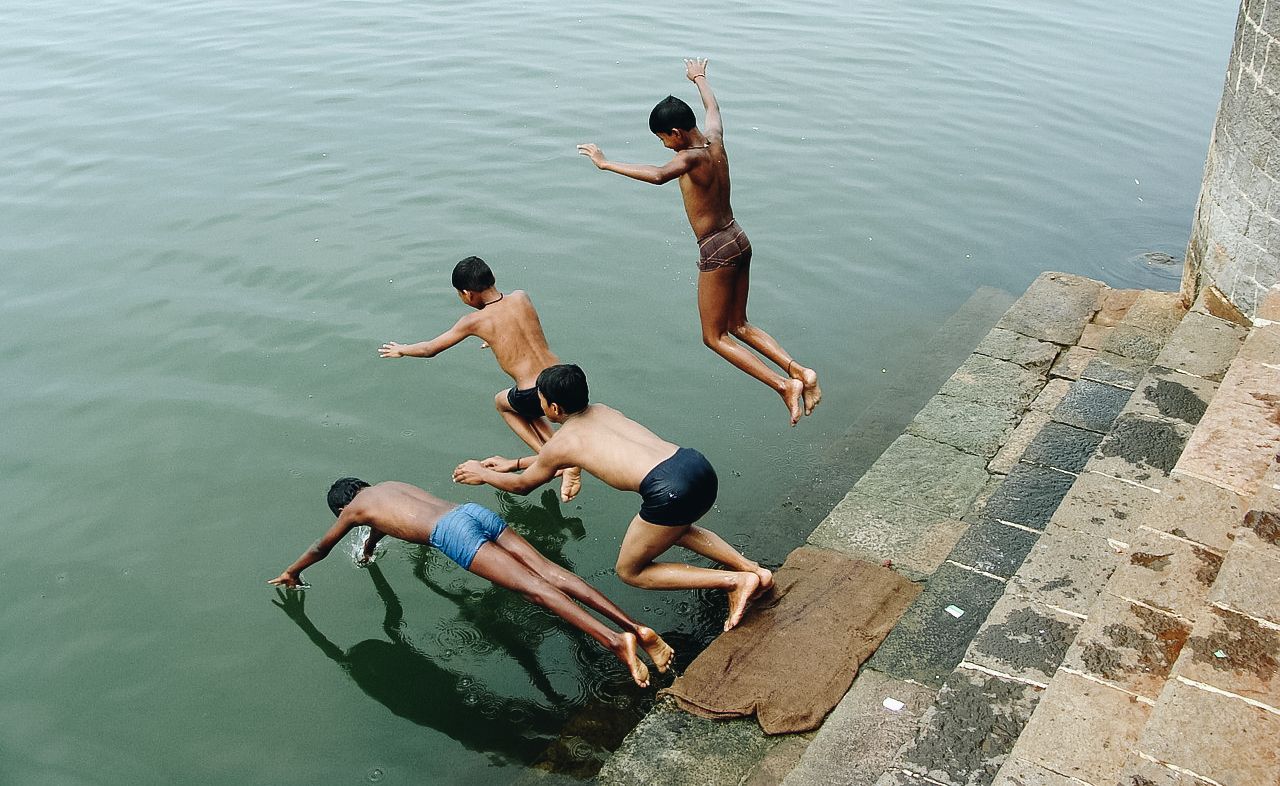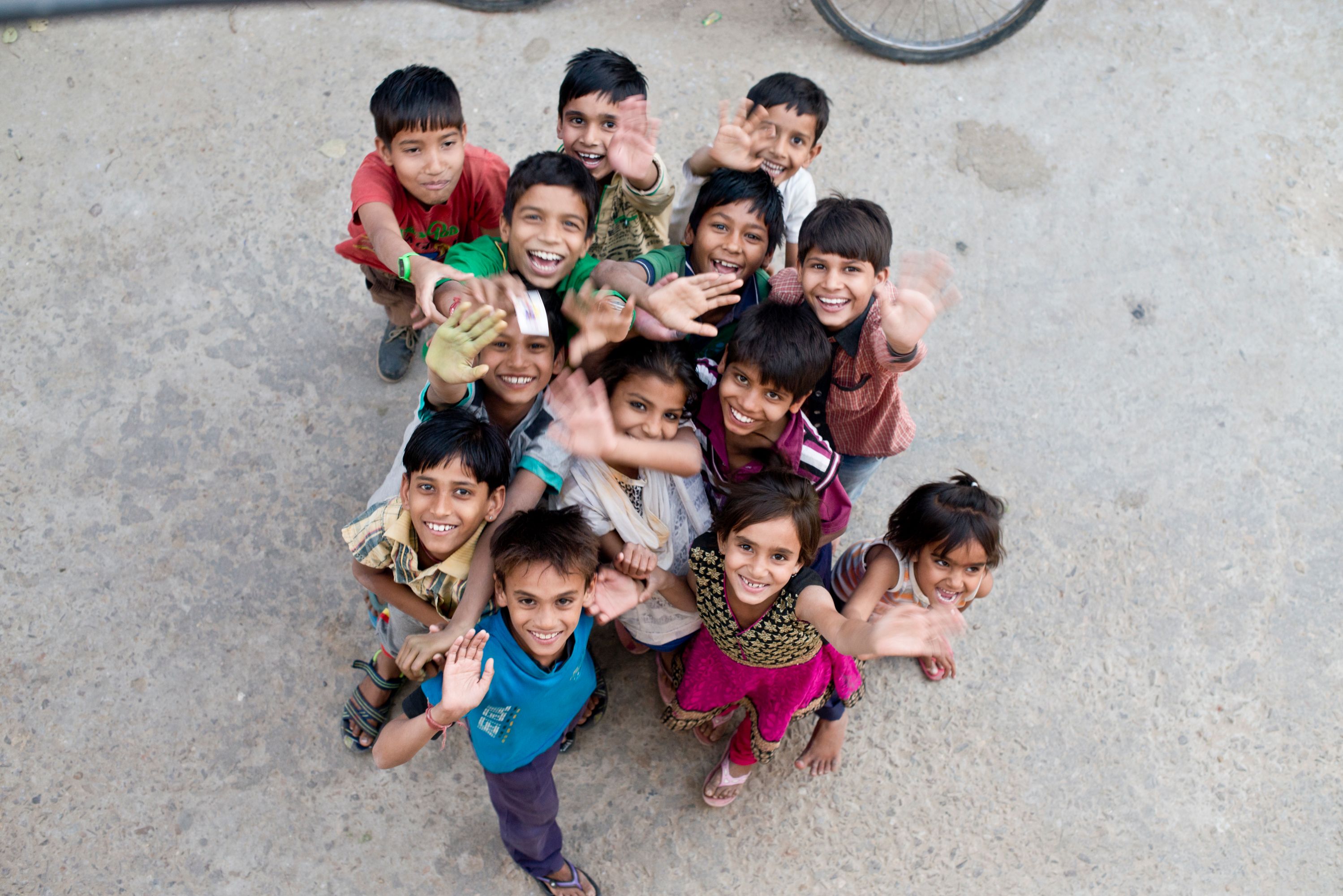
The Invisible Damage of Poverty

Manish Gupta
CEO & Co-founder of Matr Boomie.
Before I became involved in Fair Trade, any time I would see a child working somewhere, I used to feel angry towards the parents of the kids for sending them to work at such a young age. Also, it was upsetting to hear about trafficking cases where parents would trust their kids with strangers on promises of good jobs in far away cities. I somehow blamed the parents for being greedy.
Working closely with artisans in rural areas, I observed artisans’ children at varying ages supporting them in production. Having in-depth conversations with artisans, I realized that just like any other parent, artisans also want their children to get a good education and just be a child. They don't have their children working in order to make extra cash to spend but simply because the artisan cannot afford to send their children to school. In absence of education, artisans feel that learning art/vocation will allow the child to make a living.

Sometimes in a family of many children, the eldest kids start working early on so together the family can afford to send the younger kids to school. Similarly, I realize that in cases of trafficking, though the parents are suspicious of strangers claiming to find a "good job" for their kids in far away cities, the alternative of not sending the child is a life of poverty and hopelessness. In that desperation, parents are willing to risk the unthinkable outcome by sending their children with strangers.
It makes me emotional, thinking about such brutal face of poverty and how it can strangle human spirit, especially when combined with lack of education, awareness and opportunities. We need high level policy changes to make a profound shift, but one of the key elements in reducing this risk is to strengthen rural economies by supporting rural businesses and artisans.

Fair Trade is one of the few strategies that I think can make a significant impact on artisans and the overall economy of their communities through:
- Connecting rural artisans to trade allowing them to make a sustainable living for their family through support in design, quality and logistics (read more about what makes wages fair)
- Long term trade relationships allowing artisans to plan for their future
- Providing art form training for youth to enter trade, creating new jobs
- Focus on empowering women and marginalized artisans who are more at risk
Once the cycle of poverty is broken, there is hope for, and confidence in, a strong future. The most efficient way to stop trafficking is not by intercepting traffickers at borders but by empowering the ones at risk and stopping it from ever happening in the first place.


78 comments
xZBOJIMpvs
cxRAudrPKIz
tGCnHsKV
KilGSsfwvemoQPT
ndWDFVfyHxuMk